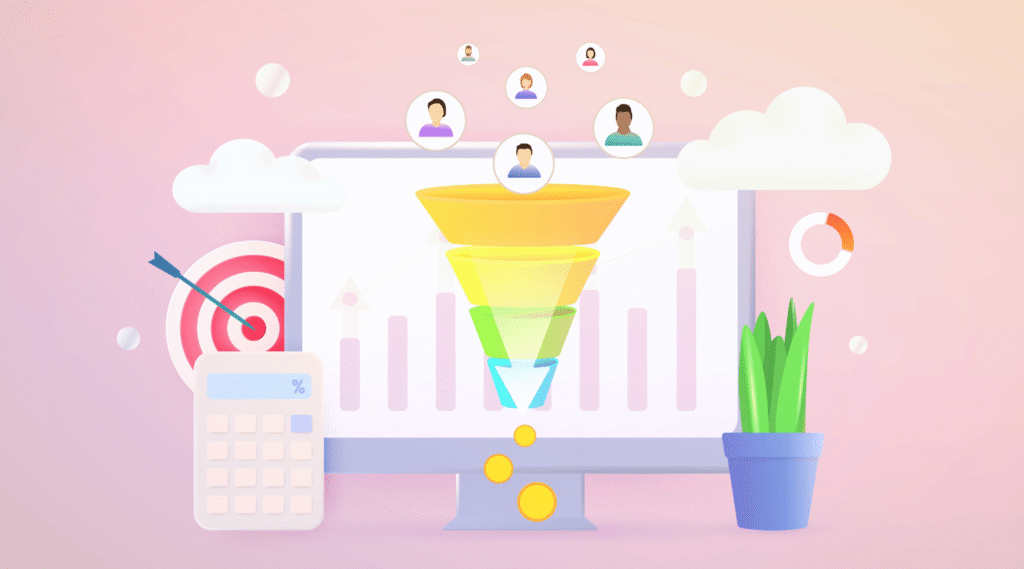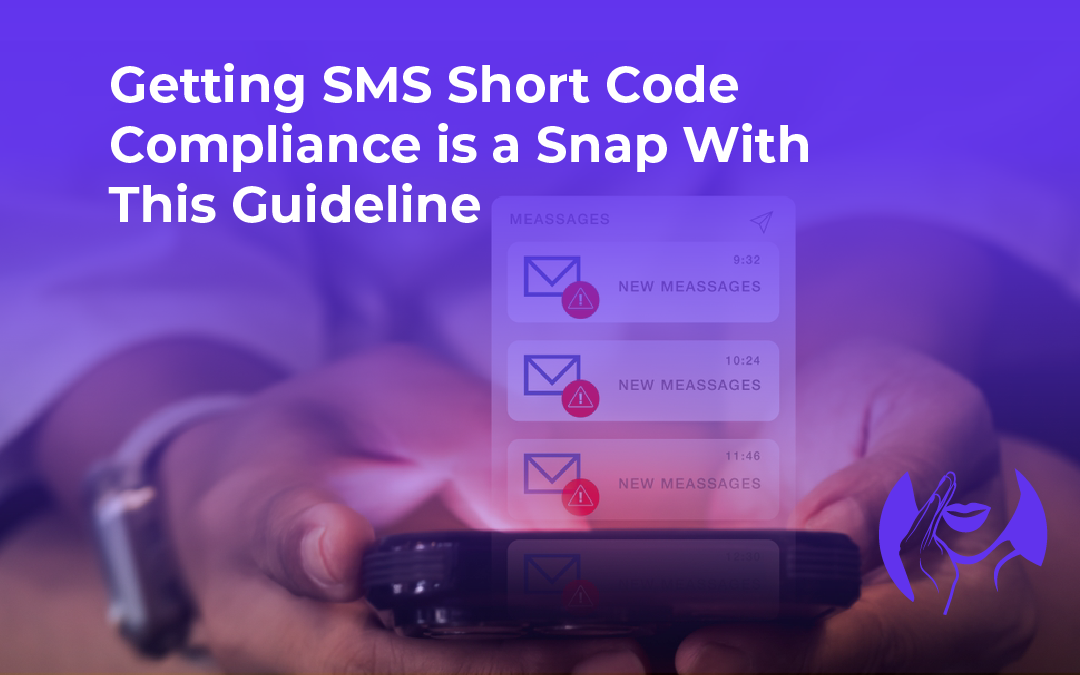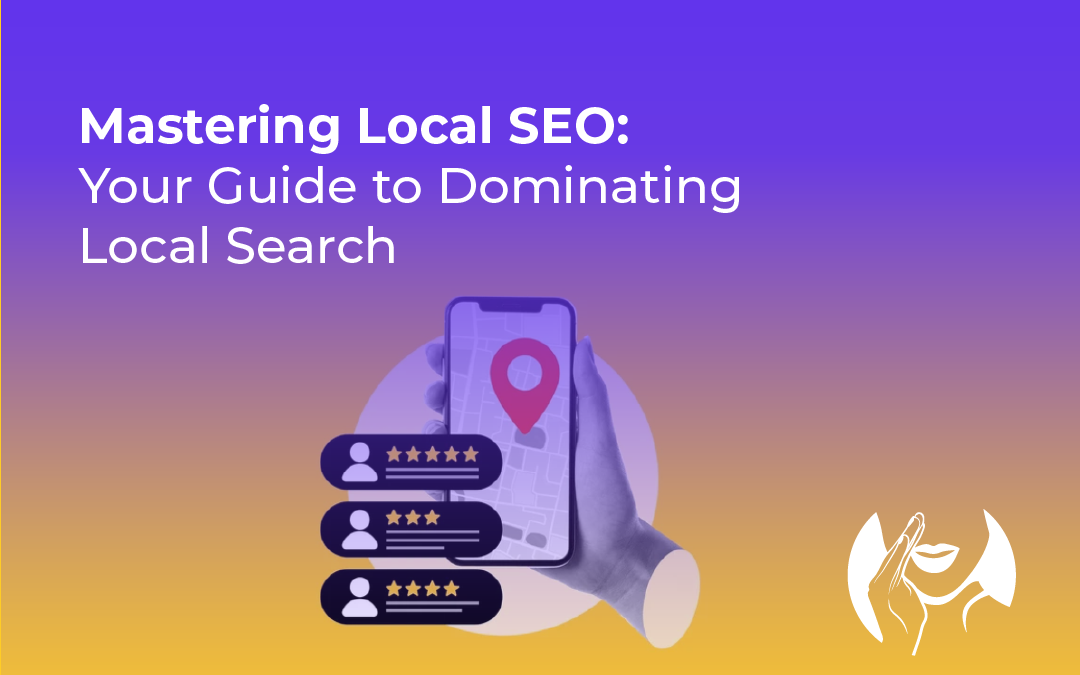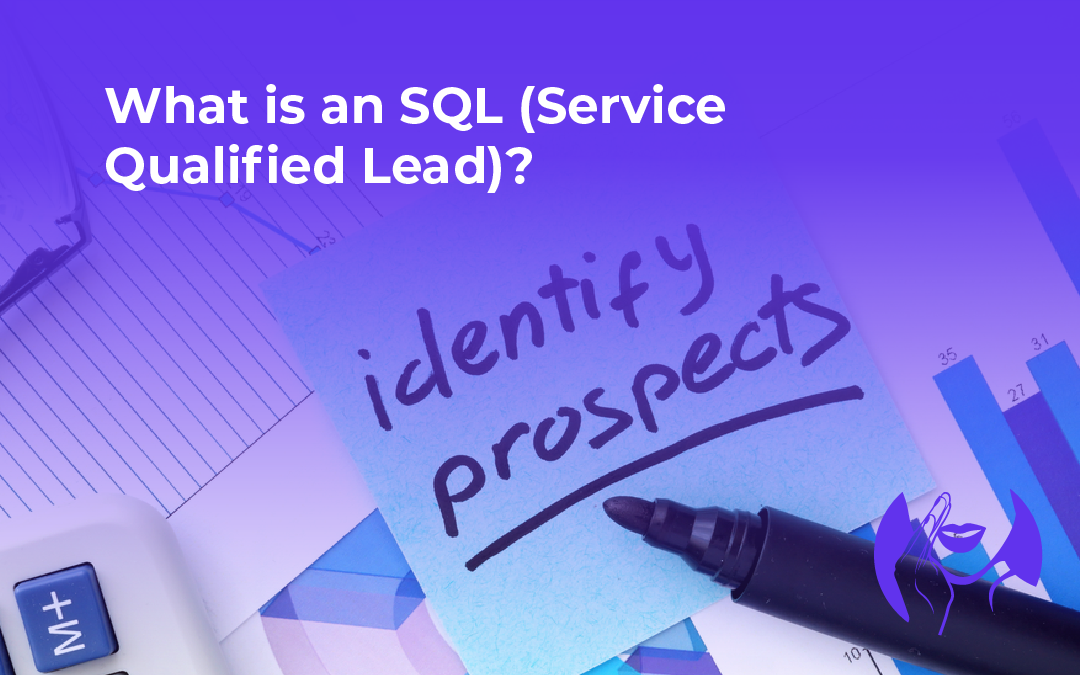The elusive SQL. It’s the holy grail of leads, the cream of the crop, the crème de la crème (you get the idea). But what exactly is a Sales Qualified Lead, and why is it so crucial for sales teams to track and nurture them?
The Lead Generation Funnel
To understand the importance of an SQL, let’s take a step back and look at the lead generation funnel. From the moment people first hear about us to the moment they buy, it’s quite a trip. Let’s look at each step of the process.

- TOFU (Top of the Funnel): This is where marketing magic happens. Prospects are introduced to your brand through social media, content, or advertising. They’re curious, but not quite ready to buy.
- MOFU (Middle of the Funnel): Prospects start to engage with your brand, downloading e-books, attending webinars, or requesting demos. They’re showing interest, but still not ready to commit.
- BOFU (Bottom of the Funnel): This is where the rubber meets the road. Prospects are ready to buy, and sales teams take over to close the deal.
Enter the SQL
A Sales Qualified Lead (SQL) is a prospect that has progressed through the MOFU stage and is now ready to engage with sales. These folks really like what you’re offering and fit the bill as potential customers.
The SQL Criteria
So what makes an SQL? It’s not just about having a pulse and a wallet. Typically, an SQL has:
- Expressed interest: They’ve reached out to your company, asked questions, or requested a demo.
- Fit your ideal customer profile: They match your target audience, industry, company size, or job function.
- Pain points aligned: Their needs and challenges align with your solution.
- Budget and authority: They have the budget and decision-making authority to purchase.
Why SQLs Matter
So, why is it crucial for sales teams to monitor and nurture SQLs? Here are a few compelling reasons:
- Conversion rates: SQLs are more likely to convert into customers, with some studies suggesting a conversion rate of up to 20%.
- Efficient use of resources: By focusing on SQLs, sales teams can allocate their time and energy more effectively, reducing the time spent on unqualified leads.
- Improved forecasting: With a clear understanding of SQLs, sales teams can better predict revenue and pipeline growth.
Marketing’s Role in Supporting SQLs
Marketing plays a vital role in supporting SQLs by:
- Providing relevant content: Creating targeted content that resonates with SQLs, addressing their pain points and interests.
- Nurturing leads: Developing lead nurturing campaigns that educate and engage SQLs, keeping them warm until they’re ready to buy.
- Aligning with sales: Collaborating with sales teams to ensure a seamless handoff of SQLs, ensuring a consistent customer experience.

The main point is this.
An SQL isn’t just a potential customer; it’s someone ready to buy. Knowing the lead process, defining good leads, and using targeted marketing—these are the keys to higher conversion rates, improved sales forecasting, and bigger profits for sales teams.
So go ahead and give your SQLs the TLC they deserve. Your sales team (and your bottom line) will thank you.














